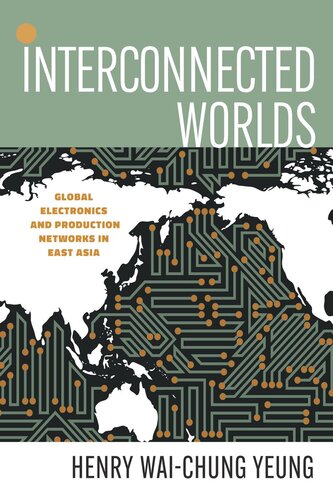

Most ebook files are in PDF format, so you can easily read them using various software such as Foxit Reader or directly on the Google Chrome browser.
Some ebook files are released by publishers in other formats such as .awz, .mobi, .epub, .fb2, etc. You may need to install specific software to read these formats on mobile/PC, such as Calibre.
Please read the tutorial at this link: https://ebookbell.com/faq
We offer FREE conversion to the popular formats you request; however, this may take some time. Therefore, right after payment, please email us, and we will try to provide the service as quickly as possible.
For some exceptional file formats or broken links (if any), please refrain from opening any disputes. Instead, email us first, and we will try to assist within a maximum of 6 hours.
EbookBell Team

4.1
90 reviewsThe global electronics industry is one of the most innovation-driven and technology-intensive sectors in the contemporary world economy. From semiconductors to end products, complex transnational production and value-generating activities have integrated diverse macro-regions and national economies worldwide into the "interconnected worlds" of global electronics. This book argues that the current era of interconnected worlds started in the early 1990s when electronics production moved from systems dominated by lead firms in the United States, Western Europe, and Japan towards increasingly globalized and cross-macro-regional electronics manufacturing centered in East Asia. By the 2010s, this co-evolution of production network complexity transformed global electronics, through which lead firms from South Korea, Taiwan, and China integrated East Asia into the interconnected worlds of electronics production across the globe.
Drawing on literature on the electronics industry, new empirical material comprising custom datasets, and extensive personal interviews, this book examines through a "network" approach the co-evolution of globalized electronics production centered in East Asia across different national economies and sub-national regions. With comprehensive analysis up to 2021, Yeung analyzes the geographical configurations ("where"), organizational strategies ("how"), and causal drivers ("why") of global production networks, setting a definitive benchmark into the dynamic transformations in global electronics and other globalized industries. The book will serve as a crucial resource for academic and policy research, offering a conceptual, empirically driven grounding in the theory of these networks that has become highly influential across the social sciences.